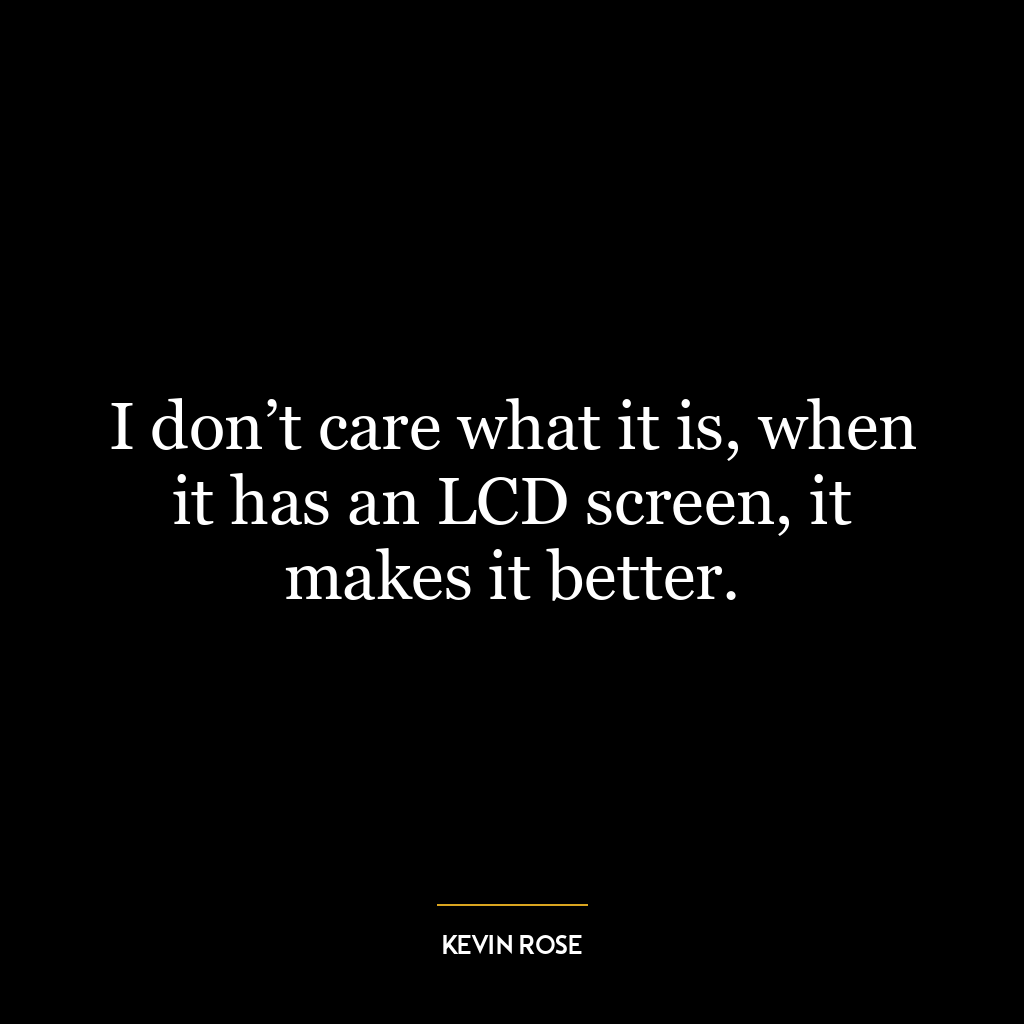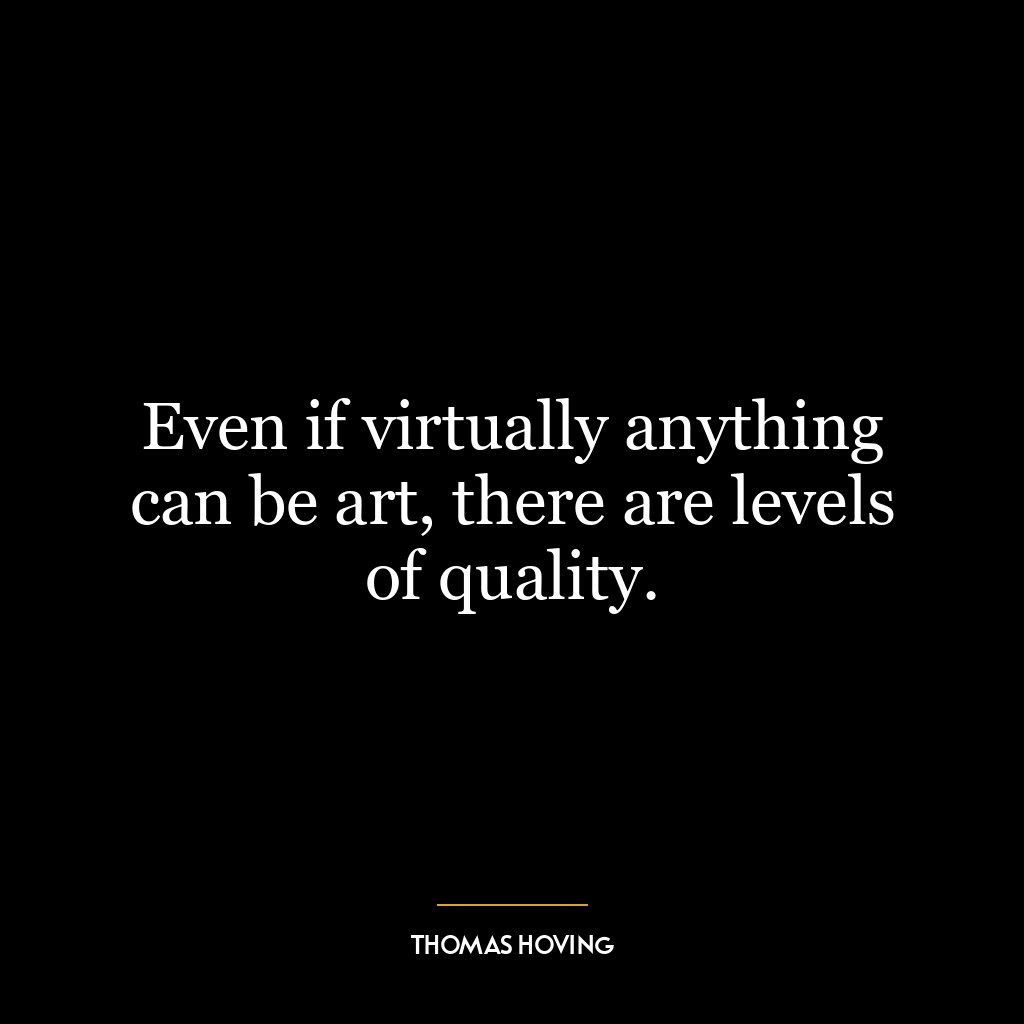'Facade' Quotes
Facade quotes refer to statements or phrases that highlight the idea of hiding one’s true feelings or intentions behind a false appearance. These quotes have been used throughout history to shed light on the concept of deception and the consequences of living behind a facade. They have inspire…Read More
Facade quotes refer to statements or phrases that highlight the idea of hiding one’s true feelings or intentions behind a false appearance. These quotes have been used throughout history to shed light on the concept of deception and the consequences of living behind a facade. They have inspired individuals to be authentic and true to themselves, rather than conforming to societal expectations. Famous figures such as Oscar Wilde and William Shakespeare have used facade quotes in their works to explore the complexities of human nature. Today, these quotes continue to resonate with people, reminding them to embrace their true selves and not be afraid to show vulnerability.Read Less
Facade quotes refer to statements or phrases that highlight the idea of hiding one’s true feelings or intentions behind a false appearance. These quotes have been used throughout history to shed light on the concept of deception and the consequences of living behind a facade. They have inspired individuals to be authentic and true to themselves, rather than conforming to societal expectations. Famous figures such as Oscar Wilde and William Shakespeare have used facade quotes in their works to explore the complexities of human nature. Today, these quotes continue to resonate with people, reminding them to embrace their true selves and not be afraid to show vulnerability.
15 Notable 'Facade' Quotations and Sayings
Facade – Symbolic Value
The word “facade” is often used in quotes to represent a symbolic value. It refers to the outer appearance or surface of something, which may not necessarily reflect its true nature. This concept has been explored in various contexts, from literature to psychology, and has a deep significance in our understanding of human behavior and society.In literature, the facade is often used as a metaphor for the masks we wear in our daily lives. It represents the false front we put up to hide our true emotions and thoughts. This can be seen in the character of Jay Gatsby in F. Scott Fitzgerald’s “The Great Gatsby,” who presents himself as a wealthy and successful man, but in reality, is driven by his desire to win back his lost love.Similarly, in psychology, the facade is associated with the concept of the “false self.” This refers to the persona we create to conform to societal expectations and gain acceptance. This false self may not align with our true identity, leading to feelings of emptiness and disconnection. This idea has been explored by renowned psychologist Carl Jung, who believed that the facade is a defense mechanism to protect our vulnerable inner selves.
Facade – Cultural and Historical Significance
The concept of facade has a rich cultural and historical significance. In ancient Greek and Roman architecture, the facade was an important element of a building’s design. It was often adorned with intricate details and served as a representation of the building’s purpose and status. This tradition can still be seen in modern architecture, where the facade is used to convey a certain image or message.In some cultures, the facade is also associated with the concept of “saving face.” This refers to the need to maintain a positive image in front of others, even if it means hiding one’s true feelings or actions. This is particularly prevalent in collectivist cultures, where the group’s reputation is highly valued.
Facade – Common Themes in Motivational Contexts
The facade is a common theme in motivational contexts, particularly in the self-help and personal development industry. It is often used to encourage individuals to break free from societal expectations and embrace their true selves. The idea is that by shedding the facade and being authentic, one can lead a more fulfilling and meaningful life.In motivational speeches and literature, the facade is also used to highlight the importance of inner growth and self-awareness. It is believed that by understanding and accepting our true selves, we can overcome our fears and limitations and achieve our full potential.
Facade – Portrayal in Art and Media
The facade has been a popular subject in art and media, with many artists using it as a symbol to convey their message. In paintings and sculptures, the facade is often depicted as a mask or a veil, representing the duality of human nature. It can also be seen in movies and TV shows, where characters struggle with their inner conflicts and the pressure to maintain a certain image.In the age of social media, the facade has taken on a new meaning. With the rise of curated online personas, individuals are constantly presenting a carefully crafted image of themselves to the world. This has led to a growing concern about the impact of the facade on our mental health and self-esteem.
Facade – Impact on Understanding of Life and Society
The concept of facade has a significant impact on our understanding of life and society. It highlights the complex nature of human behavior and the constant struggle between our inner selves and the expectations of others. It also sheds light on the importance of authenticity and self-awareness in leading a fulfilling life.Moreover, the facade has a profound impact on our perception of society. It reminds us that what we see on the surface may not always be an accurate representation of reality. This can be seen in the media, where the facade of success and perfection is often portrayed, leading to unrealistic expectations and feelings of inadequacy.In conclusion, the concept of facade, as it appears in quotes, holds a deep symbolic value and has a significant impact on our understanding of life and society. It reminds us to look beyond the surface and strive for authenticity and self-awareness in our personal and societal interactions.






